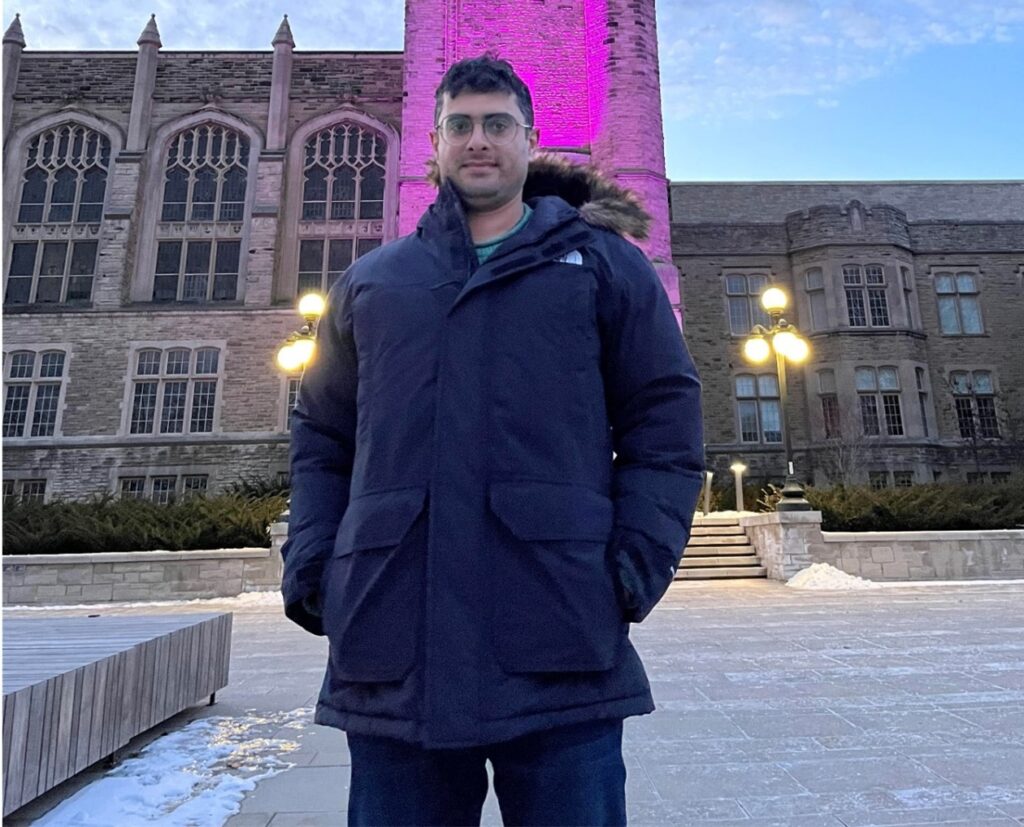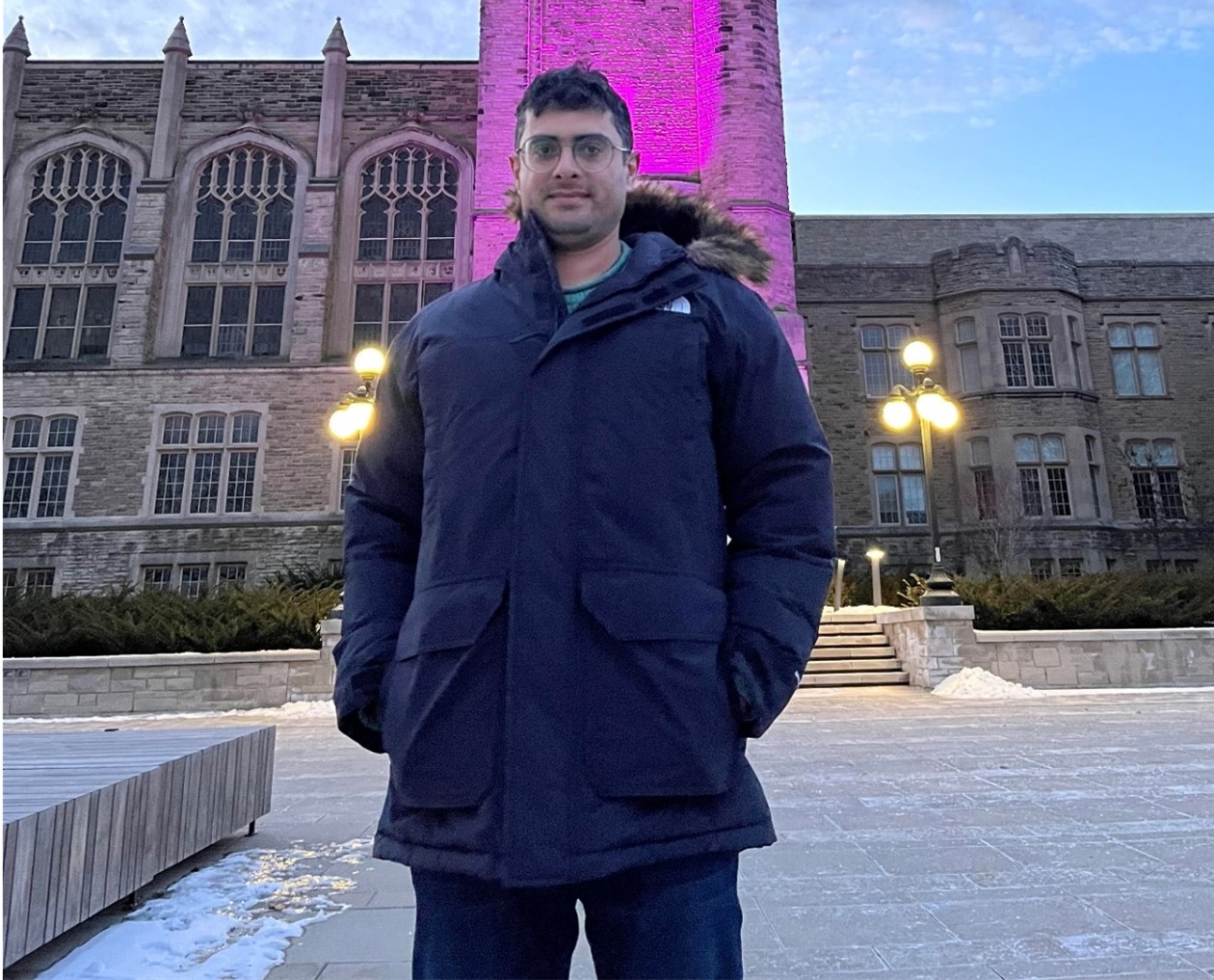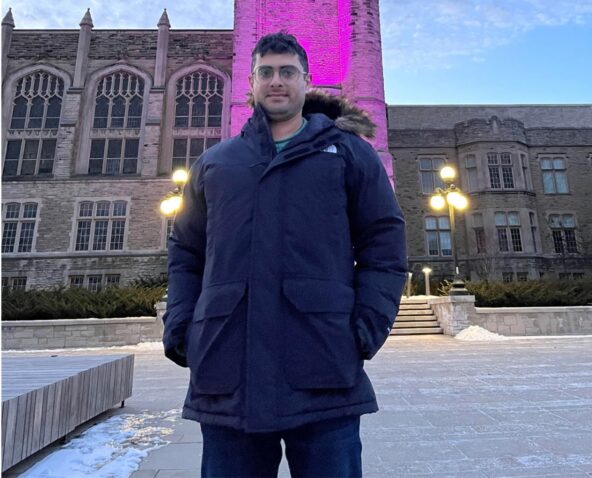
Behrouz got his Ph.D. in Materials Engineering in 2018, doing corrosion studies on electroplated Zn-Ni and Ni-P coatings and multilayers. He spent two years as a corrosion engineer in the oil and gas industry before joining the Noël lab to work on the corrosion of copper, stainless steel, and Hastelloy in two different projects:
- Hydrogen absorption in copper-coated steels
The project involves studying the mechanisms of the hydrogen evolution reaction and hydrogen adsorption, absorption, and diffusion into the Cu-coated steels using electrochemical and thermal conductivity methods. The aim of the project is to ensure that hydrogen-induced damage mechanisms (such as embrittlement, blistering, and delamination of the copper coating) are not hazards to the integrity of the used nuclear fuel waste containers.
- Effect of fluoride on the passivity of corrosion-resistant alloys
The project involves a comparison study on the corrosion resistance and passivity of 2205 duplex stainless steel and Hastelloy C2000. Through a combination of electrochemical methods, ICP-MS, and XPS analysis, he will deliver targeted data required for materials selection in fluoride-containing environments in the oil and gas industry.
Also, with an extensive background in electrochemistry and electrochemical engineering, Behrouz studies the production of ferrous solutions through the controlled anodic dissolution of steel in acidic media. In a Mitacs-funded project to accelerate the development of eco-efficient technologies for municipal and industrial water treatment, he is doing a feasibility study, process design, and implementation of a pilot plant to produce highly concentrated ferrous solutions. The solutions will subsequently be used in the electrocoagulation of wastewater.

